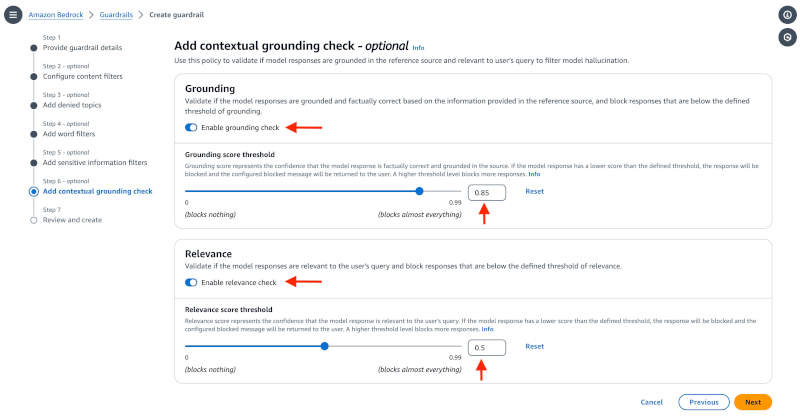| Amazon Announces Updates To Bedrock and MemoryDB |
| Written by Kay Ewbank | |||
| Tuesday, 23 July 2024 | |||
|
Amazon Bedrock and MemoryDB have been improved according to announcements made at Amazon's recent AWS Summit in New York. Bedrock is Amazon's fully managed service for building generative AI applications that offers a choice of high-performing foundation models (FMs), while MemoryDB is designed for applications that require microsecond read and single-digit millisecond write performance with data durability and high availability.
MemoryDB's update adds the option to use vector search in MemoryDB. This means users can use MemoryDB to store, index, retrieve, and search vectors to develop real-time machine learning (ML) and generative AI applications with MemoryDB's in-memory performance. Amazon says MemoryDB delivers the fastest vector search performance at the highest recall rates among popular vector databases on Amazon Web Services (AWS). Users can also generate vector embeddings using artificial intelligence and machine learning services such as Amazon Bedrock and Amazon SageMaker and store them within MemoryDB. Several improvements were also announced for Bedrock. Bedrock Agents have been improved to support running multistep tasks across different systems and data sources. Agents now retain memory across multiple interactions, so remember their conversations with a user. They also have support for code interpretation, and can now dynamically generate and run code snippets within a secure, sandboxed environment. Bedrock's Knowledge Bases feature has been extended so that foundation models and agents can retrieve contextual information from your company's private data sources for Retrieval Augmented Generation.
Finally, Guardrails for Amazon Bedrock can now detect hallucinations and safeguard apps built using custom or third-party FMs. Guardrails can be used to implement safeguards based on application requirements, and can be used to prevent undesirable content, block prompt attacks (prompt injection and jailbreaks), and remove sensitive information for privacy. Hallucinations are incorrect results generated when FMs conflate multiple pieces of information, producing incorrect or new information. The new contextual grounding check detects hallucinations in model responses that are not grounded in enterprise data or are irrelevant to the users' query. The final data-related announcement was the general availability of data preparation authoring in AWS Glue Studio Visual ETL. Amazon says this is a new no-code data preparation option with a spreadsheet-style UI that runs data integration jobs at scale on AWS Glue for Spark. The new visual data preparation experience makes it easier to clean and transform data to prepare it for analytics and machine learning. The feature has hundreds of pre-built transformations to automate data preparation tasks, and there's an option to import your existing AWS Glue DataBrew data cleansing and preparation "recipes" to the new AWS Glue data preparation experience. |
C++ For The 21st Century 17/02/2025 C++ is a language under attack from newer languages such as Rust and from more primitive languages such as C, yet it has a large community of committed and enthusiastic users. How can things be made b [ ... ] |
JetBrains Adds Claude Support To AI Assistant 12/02/2025 JetBrains has added support for Anthropic's Claude Sonnet 3.5 and Haiku 3.5, OpenAI's o1, o1-mini, and o3-mini models to its AI-powered coding tool, AI Assistant, along with local LLM support via LM S [ ... ] |
More News
|
Comments
or email your comment to: comments@i-programmer.info



